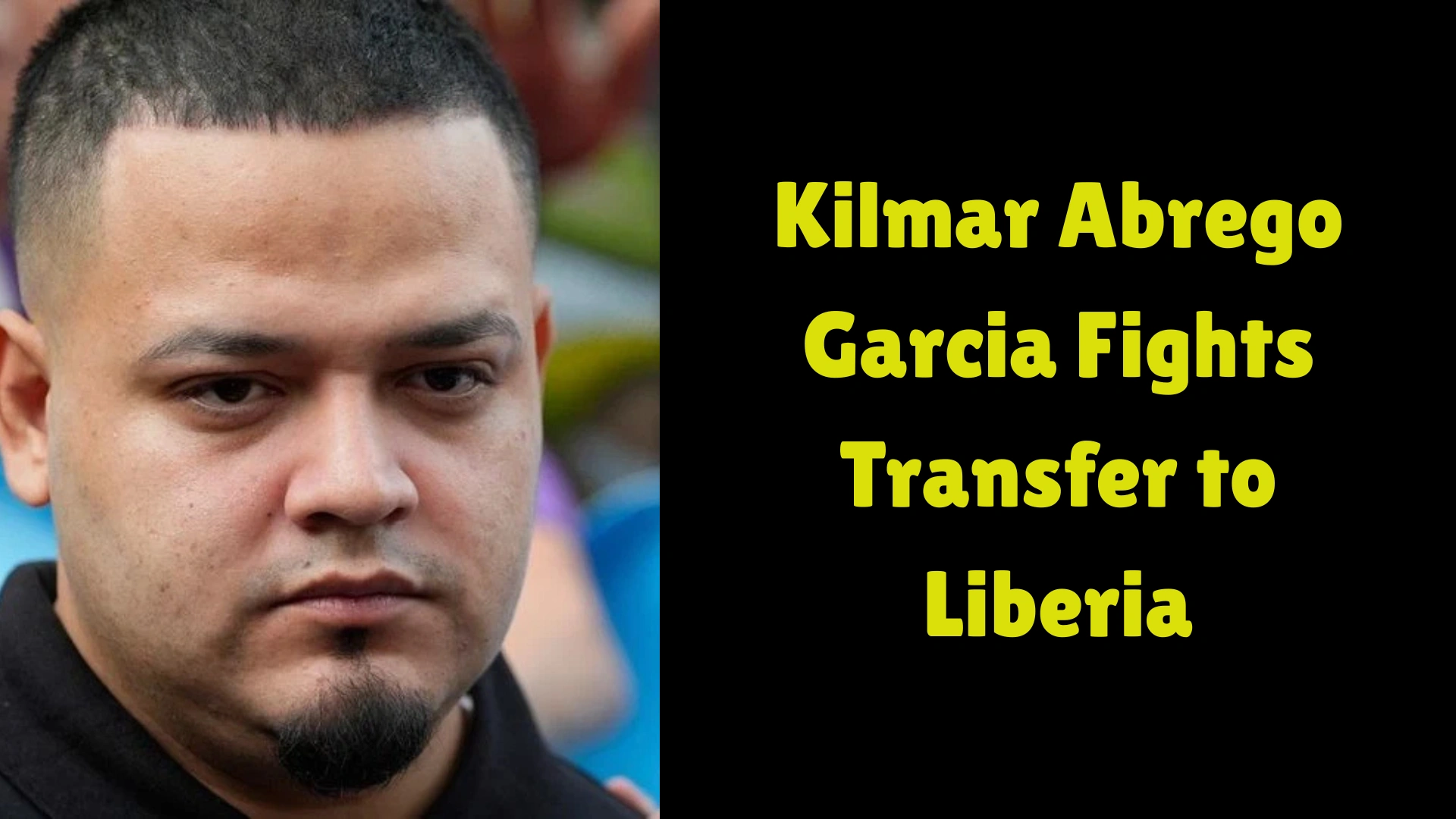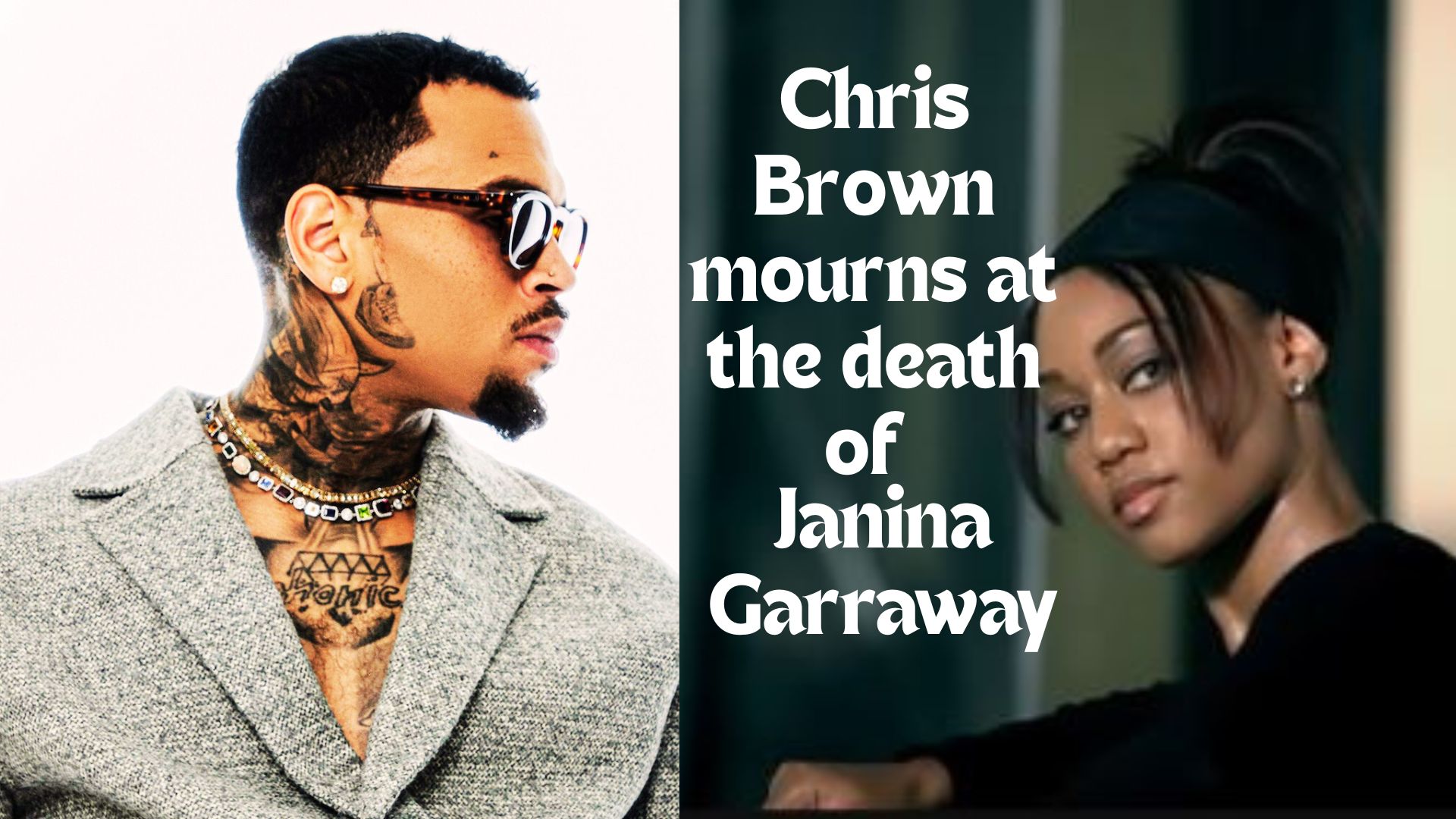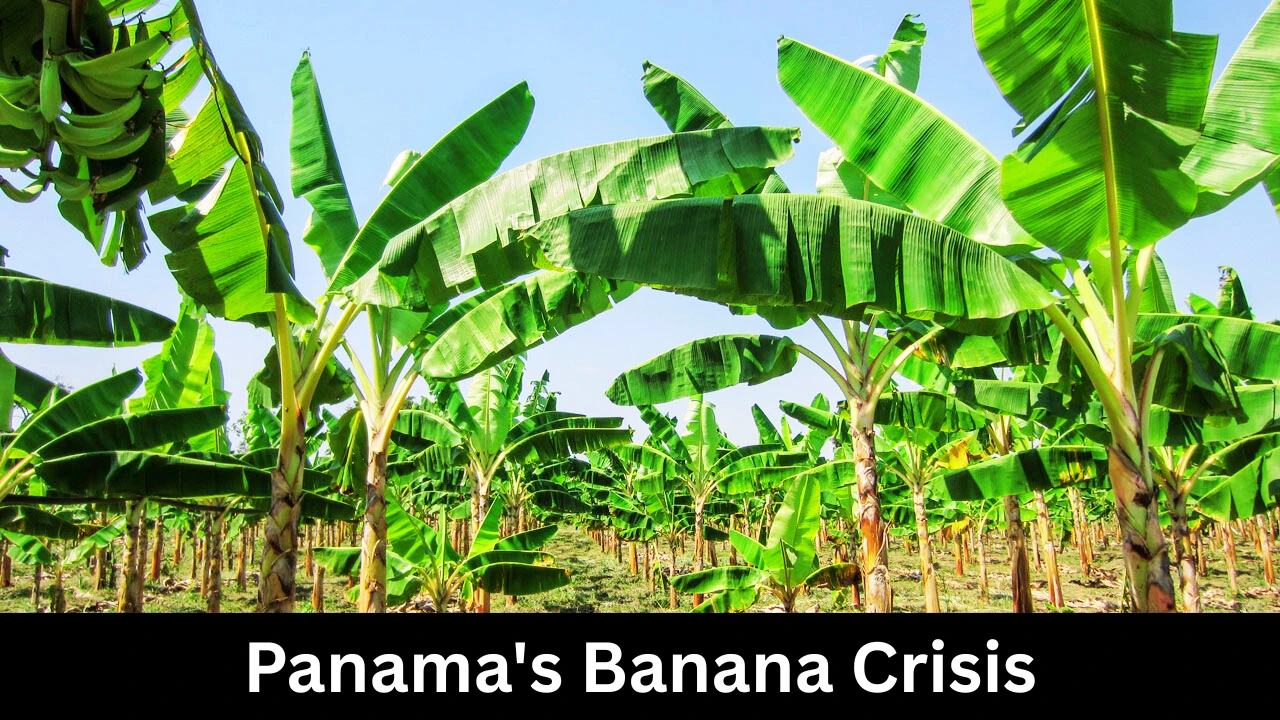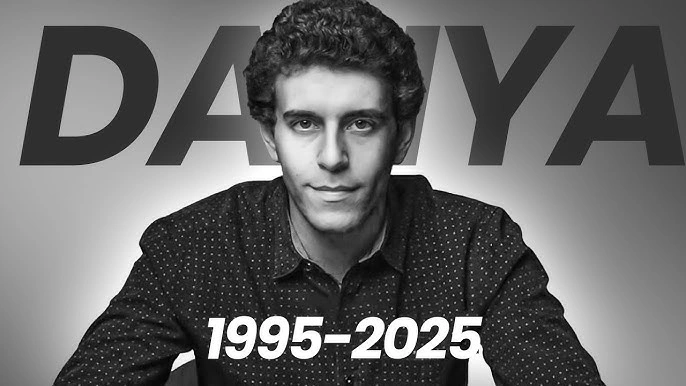Violeta Chamorro, Nicaragua’s Peacemaker President, Dies at 95
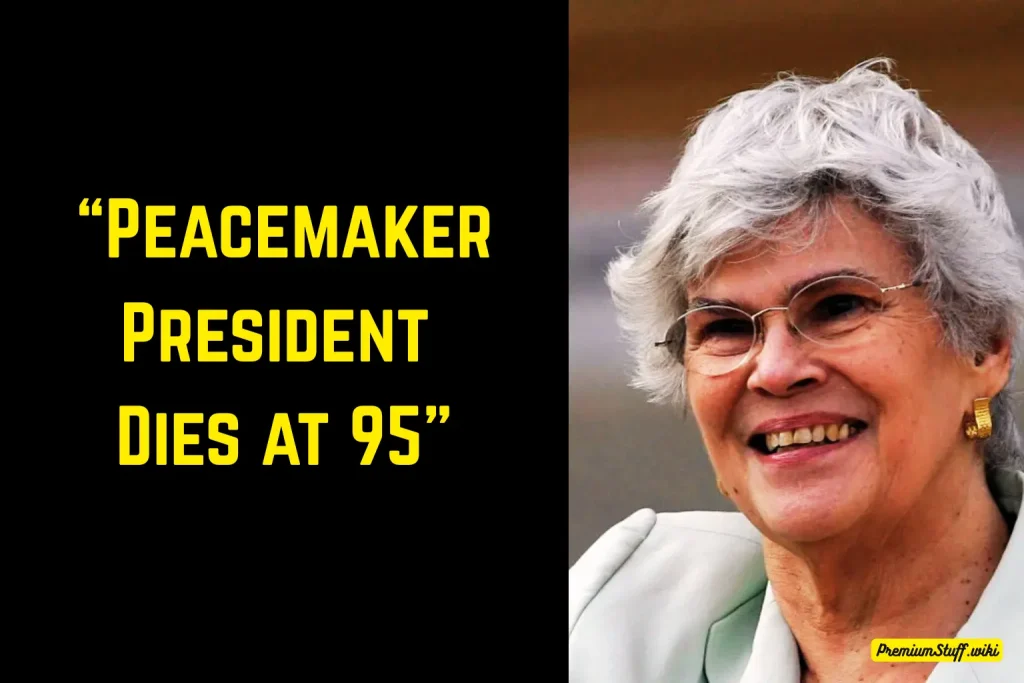
SAN JOSÉ, Costa Rica — Violeta Barrios de Chamorro, the silver-haired widow who rose from unimaginable grief to become Nicaragua’s first female president and the architect of its fragile peace, died early Saturday morning in exile. She was 95. Her family confirmed her peaceful passing in Costa Rica, where she spent her final years separated from the homeland she once united.
Chamorro’s journey from homemaker to historic leader began with a tragedy that shook a nation. In 1978, assassins gunned down her husband, Pedro Joaquín Chamorro, as he drove to work at La Prensa, the newspaper where he relentlessly criticized the Somoza dictatorship. His murder ignited a popular uprising that toppled the regime but plunged Nicaragua into a new era of conflict. Overnight, Violeta—known affectionately as Doña Violeta—transformed from a mother of four into a symbol of resistance, parking her husband’s bullet-riddled car in their patio and displaying his bloodstained clothes behind glass. “I gave myself to politics,” she later wrote, “so that Pedro and Nicaragua could triumph through me.”
The Improbable President
In 1990, against all odds, Chamorro stunned the world. Drafted as the consensus candidate of a fractured 14-party coalition, she defeated Sandinista leader Daniel Ortega in an election that captivated the globe. Campaigning in her signature white dresses, she offered a mother’s plea: “I bring the flag of love. Hatred has only brought us war.” Her victory made her the first woman democratically elected to lead a Latin American nation.
Her inauguration day crackled with symbolism. Ortega himself placed the presidential sash over her shoulders as she flashed a defiant “V” for victory. Then came the hard work: demobilizing 19,000 U.S.-backed Contra rebels, slashing the Sandinista army from 100,000 to 12,000 troops, and banning mandatory military conscription. “She ended the war not with treaties, but with trust,” recalled José Dávila, her former ambassador to Germany.
Governing a House Divided
The presidency tested her in ways no one anticipated. Nicaragua lay in ruins: inflation soared beyond 13,000%, unemployment neared 50%, and Sandinista loyalists had looted government assets in what locals sardonically called “the piñata.” Her own family mirrored the nation’s divisions—one son led Contra rebels, another edited a Sandinista newspaper, while two daughters stood on opposite sides of the ideological chasm.
Every Sunday, Chamorro enforced a sacred rule at family dinners: no politics. “Family first,” she insisted, even as her children sparred in Nicaragua’s bitter factions. This commitment to reconciliation defined her leadership. She kept Humberto Ortega—Daniel’s brother—as army chief, pragmatically recognizing that peace required uneasy alliances.
Exile and Unfinished Dreams
After leaving office in 1997, Chamorro watched her legacy fray. Ortega returned to power in 2007, jailing critics, exiling bishops, and shuttering her press-freedom foundation. Her daughter Cristiana, arrested in 2021 while running for president, became one of 222 political prisoners expelled to the U.S. in 2023.
Last October, as Alzheimer’s and osteoporosis took their toll, Chamorro was airlifted to Costa Rica—the same country that once sheltered her and Pedro during Somoza’s reign. There, she lived out her days in a modest apartment, cared for by exiled children.
A Funeral Without a Homeland
On Monday, hundreds gathered at San José’s Sacred Heart of Jesus Church to bid farewell. Her urn, draped in Nicaragua’s blue-and-white flag, stood beneath a stained-glass window as Nobel laureate Óscar Arias and Nicaraguan exiles paid respects. Son Carlos Fernando Chamorro’s voice broke as he vowed: “When Nicaragua becomes a republic again, you will return.”
In Managua, the Ortega regime issued a terse acknowledgment of her “contribution to peace” but declared no national mourning. The contrast spoke volumes.
The Measure of Her Courage
Chamorro’s presidency faced valid critiques: she couldn’t tame inflation, corruption festered, and democracy proved fleeting. But she achieved what seemed impossible—replacing bullets with ballots. Her 1990 victory didn’t just change Nicaragua; it proved that even in war-torn lands, courage wrapped in grace could bend history toward peace.
As dusk fell over San José, the words of exiled priest Father Edwin Román resonated: “She represented the cross. Ortega represented the rifle.” Violeta Chamorro’s body rests in Costa Rican soil, but her dream—that Nicaragua might one day become “a republic again”—lives on wherever people choose reconciliation over revenge.

